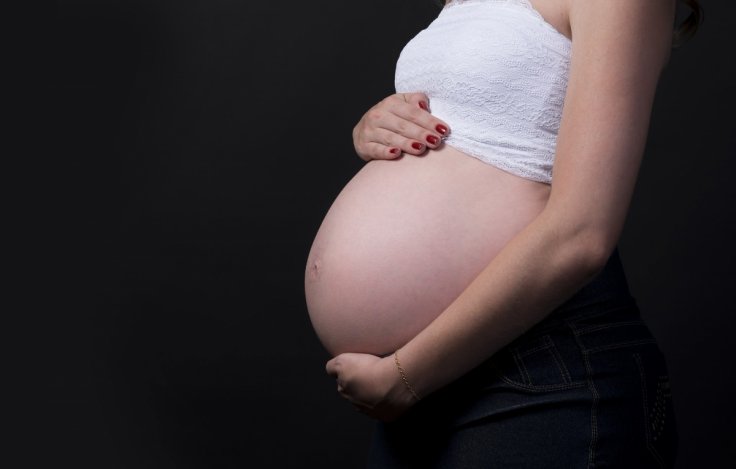
What exactly impacts a woman's fertility, right from her teenage years to menopause? It is dependent mostly on some chromosome errors that might be naturally present, but could vary, depending on the age.
Research by a team from many European Universities including the University of Copenhagen, arrived at this conclusion after examining 3,000 egg cells from subjects between nine and 43 years.
'We have known for a long time that we humans have a unique fertility curve compared to many other species. The curve starts out very poorly in the teenage years and starts to go downhill again when women reach their 30s. But until now, we have not known what is actually causing these changes', says Professor Eva Hoffman from the Department of Cellular and Molecular Medicine at the University of Copenhagen.
Women carry the egg cells throughout their lives. This is contrary to male formation of sperms that do not get formed until they reach puberty. However, although women carry their egg cells all through their lives, they are immature before the menstrual cycle kicks in.
'While the eggs lie dormant, a kind of molecular glue will make the chromosomes stick together. Later, when the eggs are maturing, the chromosomes divide. But the older the women become, the greater the risk that the glue will break down prematurely', explains Eva Hoffmann.
Hence, sometimes, the hereditary material might even split and fall apart, which leads to chromosomal errors that might lead to Down's, Turner or Kleinfelter syndrome. They might even make the eggs infertile.
Moreover, teenage girls seem to exhibit more chromosomal errors while the eggs are maturing. Hence, among adolescent girls, the larger chromosomes in the hereditary material might develop defects, thus increasing the likelihood that the eggs would be expelled by the body without getting fertilized.
Chromosome errors vanish
Even when teenagers became young women, researchers saw that the eggs got healthier too, even as the chromosome errors also vanished. This continued until the women reached their late 20s, following which other kinds of chromosome errors began to creep in.
Why does human fertility keep varying within an age group? It is not clear, so scientists do not yet know for sure exactly why human fertility rises, peaks and falls within a defined age range. Comparatively, the chimpanzees, which are close relatives of humans, do not undergo menopause in the same manner, but remain fertile throughout their lives.
Eva Hoffmann says, in the article published in sciencemag.org, that it might be due to two evolutionary, developed mechanisms. The first mechanism protects young women from pregnancy until their bodies get developed and bear children, with wider hips to eliminate risks during child-bearing ages.
Secondly, it involves the 'grandmother hypothesis'. This is the mechanism that elderly women slip into new, supportive roles as grandmothers, when their children bear children. This novel information can improve the distribution of data related to child-bearing and loss of pregnancy, even as the increased knowledge might improve treating infertility.









